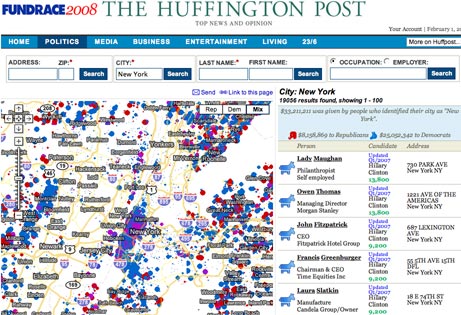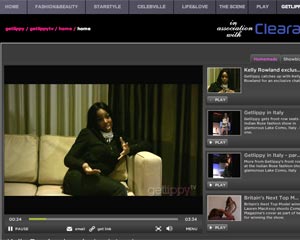Leading English football clubs are in competition as web publishers with local and regional newspapers.
Footballing giants, like Manchester United or Liverpool Football Club, have huge online and TV publishing arms which they use as revenue streams and to control the flow of news coming from the club.
But it’s not just the big clubs that have got in on the act.
Journalism.co.uk spoke to William Watt, digital sports reporter with the Lancashire Evening Post, about how he sees the changing landscape of online news now that smaller football clubs, like his local club Preston North End, are publishing their own stories on the web.
[audio:http://www.journalism.co.uk/sounds/williamwattedit.mp3]For the club hitting a good balance with the local media is the key.
“It’s a tricky job trying to be both press officer and web publisher,” Matt Morris, Preston North End’s media manager, told Journalism.co.uk.
“It throws up a conflict of interest at times as there are elements of competition between the club and the press.”
While there is an onus to feed good stories to the clubs website, he added, the club still needed to be promoted locally as it was in competition with several other local clubs for revenue, that necessitated having a good working relationship with the media and striking a balance between the needs of the club as an online publisher and feeding the local media.



